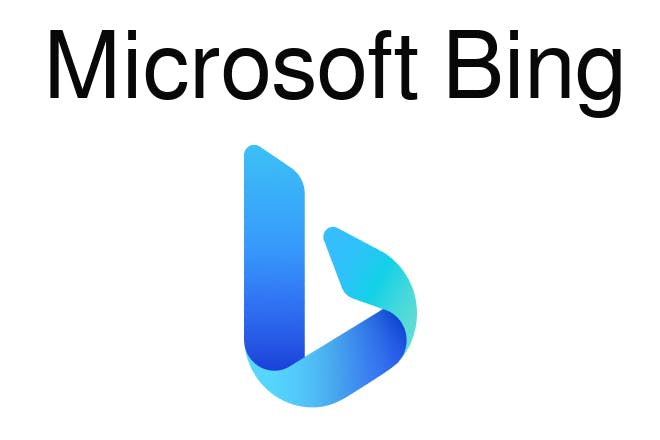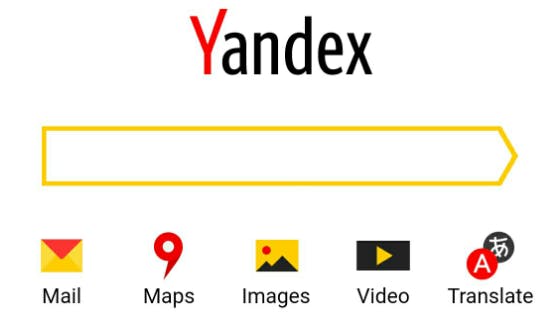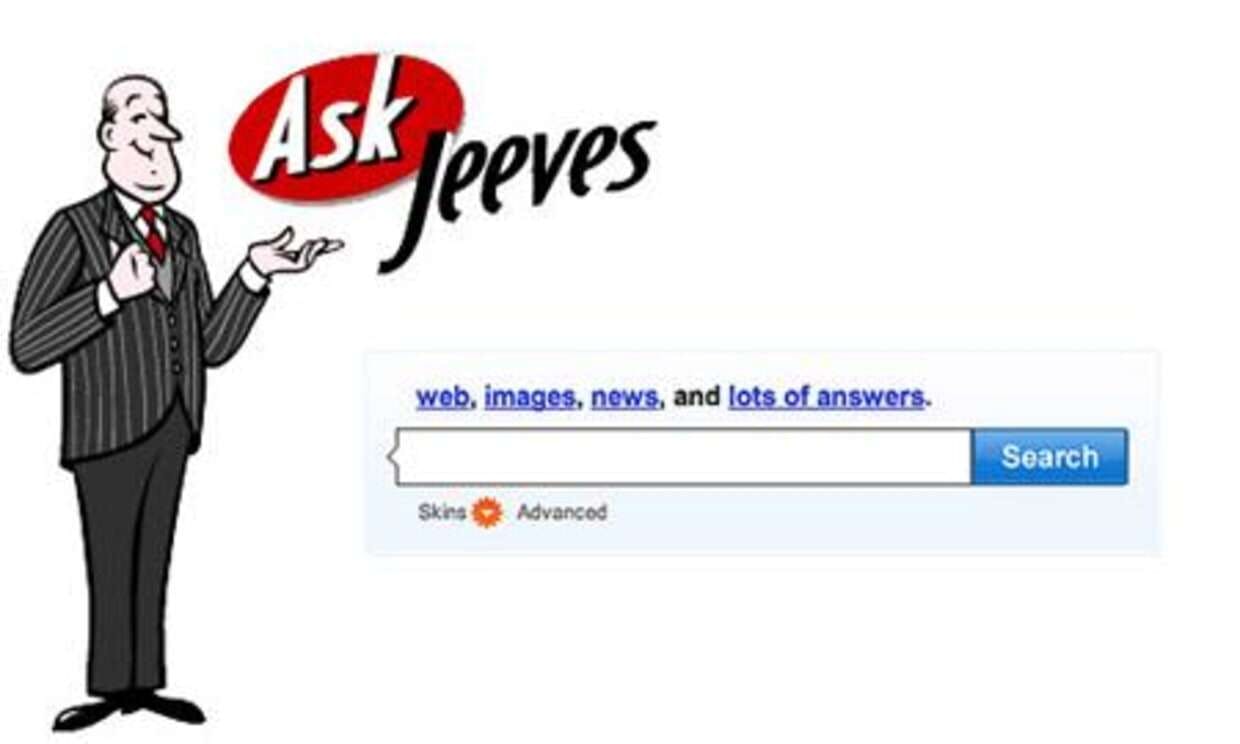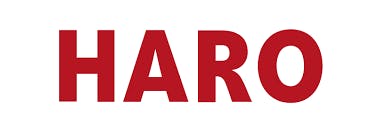SEO (Search Engine Optimization), Search Engine Bias
Hey, everyone recently, I was studying about the Internet. All of the inventions and the history of the Internet, I came across this SEO concept.
SEO (Search Engine Optimization)

If you’re building a website, one thing you probably want is traffic, i.e. people coming to your site. There are three ways people can find your site:
Directly, or by typing in your domain name into a search engine or the URL bar. Huge, popular websites — think Google, Facebook, Airbnb — can easily get most of their traffic directly, because their users already know what — or who — they’re looking for. The others, however, must depend on targeted ads and search engines.
Targeted Advertising :- As a website owner, you can attract people by creating ads on popular social networks. You would then usually target them to your specific demographic. Search Engines. The most popular way to find a website is, of course, by looking it up on a search engine.
How do search engines work ?
Search engines use crawlers — or so-called spiders — to go through billions upon billions of web pages, downloading them, and then archiving everything into a massive structure called a search engine index. The whole process is even called “crawling and indexing” .
When the search engine is used, the index is then filtered and hierarchically ranked by an algorithm with thousands of variables. The content considered most relevant to your search is then put at the top of the search engine result page (SERP).
Why is SEO so important?
- Search engines are the primary source of website traffic. Marketers see SEO as 70% more effective than PPC, and SEO also drives more than 1000% more traffic than organic social media.If you use SEO effectively and publish good content with the right keywords, your traffic will snowball and pay dividends over time. Ads, on the other hand, require constant payment. SEO is more work, but hard work pays off — literally.
Shockingly, Google is not the only search engine out there, but it’s by far the biggest.
In 2021, Google still takes the lion’s share of the market. However, for fair game, let’s look at some of its competitors :
Microsoft Bing
-Even though it’s set as the default search engine for Windows PCs, Microsoft’s version still takes only 2.83% of the market share at the best of times.

Yahoo
- It’s a popular email site but, as a search engine, Yahoo has only 1% market share. Yahoo is also the default search engine for Firefox browsers in the US.

Baidu
- It is China’s most popular search engine. While accessible globally, it is only available in Chinese.

###Yandex.ru
- It is the Russian equivalent of Google or Baidu. While it covers 65% of searches in Russia, it falls behind drastically in the global rankings.

Duckduckgo
- It is a small but steadily growing search engine. It’s great for anyone concerned with privacy, as, unlike Google, it doesn’t track users or collect data for ads. On the other hand, Duckduckgo doesn’t have its own search index and depends on other sources for their results. This means they can’t develop more complex algorithms for filtering results.

Ask.com
- which is primarily based on polls and a question/answer format.

Powered by Bing, Ecosia
- It is a search engine that makes money on ads specifically for the purpose of planting trees. Let’s beat climate change one stupid question at a time.

Internet Archive
- Want to see what a website looked like back in 1999, or maybe trace a domain’s history back to its first days? This is the place to go.

Search Engine Bias
- Search engines are driven by algorithms, statistics, and advanced query technology, so they cannot possibly be biased, right? Unfortunately, that’s wrong. Let’s take a look at what search engine biases exist, and how you can counter them.
Personalization
- Like most things on the Internet, search engines are products designed specifically to please the consumer. As such, search engines personalize your search results to prioritize sites they know we’d enjoy more. While this may not seem nefarious — in the end, you get what you want! — this is still a form of search engine bias.
Result manipulation
- Search engines, especially Google, have long been accused of perpetuating social and political biases with their algorithms. Being created by humans, algorithms are de facto imperfect. For example, one of the major shortcomings of search engines is the unproportional coverage of content from particular websites or groups. You might notice in your SERP that big companies and American websites (with .com URLs) will usually be ranked higher than their counterparts.
This is because of backlinks. Large businesses and bloggers from Western countries are more likely to be referred to in other sites, and thus rank higher at the SEO. This becomes a problem for entrepreneurs just starting out, especially in non-Western states.
Combating Search Engine Bias
Find your niche
- Instead of trying to create a wide range of content, find a niche and really work on it. Most algorithms prioritize sites focusing on narrow topics.
Site relevance
- In SEO fields, relevance is calculated by how much content on a given web page is relevant to the active search term. It’s also very important to consistently update both your business information and your website’s content.
- Engaging visuals and infographics. In our fast-paced world, infographics are a great way to share information, as they require little reading. Focusing on visual content may increase the backlinks and interactions you receive, propping you up in that SERP.
Create unique content
- This shouldn’t come as a shock, but if you see content holes in your niche, fill them up — ASAP! This way, any new searches regarding that specific topic will likely be redirected to your web page, which will in turn garner new users and increase recognition of your brand.
HARO

- HARO is a website that connects journalists with industry specialists. By aiding a journalist in writing their piece, you and your website will likely be linked as sources, scoring you extra backlinks.
Long-form content
- Even though it seems everyone wants short posts, research has found that long-form is the way to go. The best-performing article pieces are usually those at around 2,450 words. This is probably due to its establishment of authority (long-form pieces are typically well-researched and in-depth), as well as SEO (the more content you write, the more keywords you can put in!).
